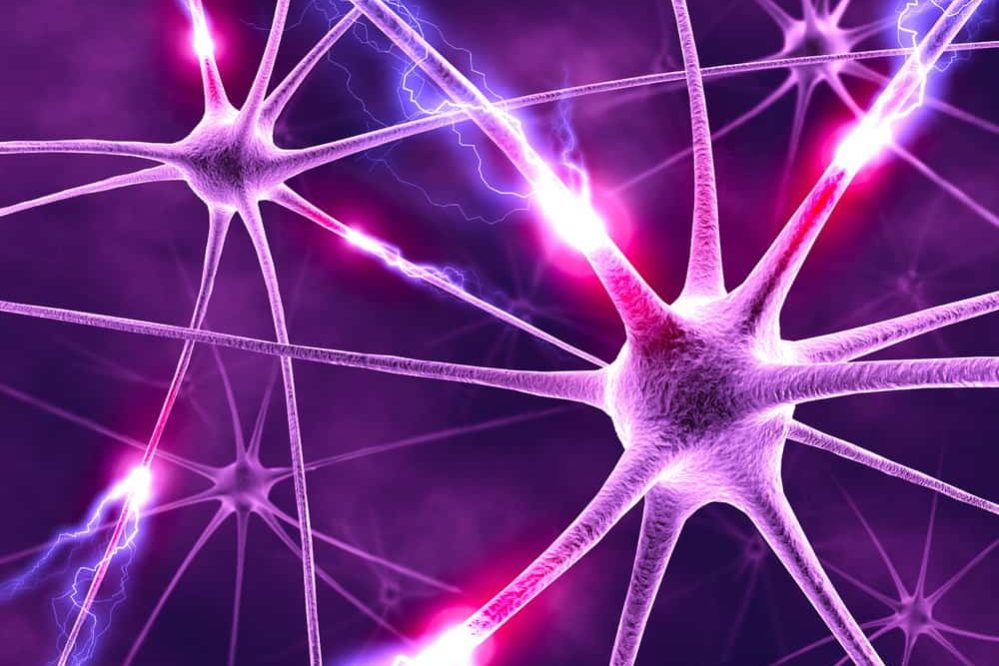The month of November became known as Alzheimer’s Disease Awareness Month in 1983. Its campaign, Go Purple For A Purpose, also includes those who fill caretaking roles for people with Alzheimer’s Disease (AD). At the time, the number of people known to have AD totaled less than 2 million, affecting less than 1% of the total US population.
Today, according to the Alzheimer’s Association, an estimated 5.5 million people have AD, which equates to 1.7% of the population. This means that the prevalence of Alzheimer’s has doubled in only 33 years.
This rapid growth will only continue to rise; in 2008, experts predicted that by 2010, we would see 500,000 new cases every year, and 1 million new cases every year by 2050.
This is a fairly horrifying picture!
What Is Alzheimer’s?
Alzheimer’s Disease is a specific form of dementia, which is defined as a general decline in cognitive ability that is significant enough to interfere with everyday life. AD specifically impairs one’s short-term or working memory.
Symptoms become noticeable in older age; however, they are not a normal part of “aging”, nor might the appearance of symptoms be obvious during the earliest stages of AD. Rather, by the time symptoms become prominent, the disease has already progressed into advanced stages.
Symptoms of Alzheimer’s Disease
AD is typically distinguished by its characteristic short-term memory loss. However, other symptoms include:
- Moodiness
- Changes in sleep patterns
- Loss of control of bodily functions
- Repetitive behaviors
- Personality changes
- Reduced physical mobility/ability
- Immune system weakness
Because Alzheimer’s tends to become more obvious in people of older age, and its symptoms include those that younger people may not notice in themselves, we may be tempted to believe that “we’re OK”.
However, how many times have you had trouble finding the “right” word you wanted to use?
Early Symptoms of Alzheimer’s
Obviously, people do not simply wake up one day, having forgotten their daughter’s name or how to tell time. Thus, it’s important to know the earlier symptoms, which often set in much sooner–possibly as early as one’s 30s.
Early symptoms of AD and dementia include:
- Trouble remembering names when introduced to new people
- Difficulty remembering vocabulary words
- Walking into a room for a specific reason and forgetting what you came in for
- Reading a book and forgetting what you just read
- Body-clock or sleep-wake cycle disturbances
- “Brain fog” (this actually fits the category of “Moderate” stages as opposed to “Early” ones!)
The “Good News” in the World of Alzheimer’s
Due to the statistics, the picture of Alzheimer’s Disease is fairly bleak. However, there is good news.
- Researchers gather new information every day, uncovering etiologies (causes and processes), risk factors, as well as genetic and environmental factors.
- Scientists also know much more about brain function, brain health, and brain nutrition than ever before.
- Some simple lab tests have emerged as potential reasonable-cost early screening options, although conventionally-trained practitioners aren’t yet aware of them. Genetic screenings are now readily accessible and affordable.
- More avenues of support are now available for those with AD.
- The general population has gained more awareness. Interest in prevention strategies has piqued.
- People have become much more concerned about the toxicity of their homes and the surrounding environment.
Functional Medicine Shines
Functional Medicine takes a whole-body approach, with cutting-edge insight into brain health. Because of this, the Functional Medicine paradigm can provide a huge asset to the Alzheimer’s Disease picture.
The FM paradigm utilizes specialty lab testing to evaluate certain areas including:
- Brain function
- Neurotransmitters
- Immunological and hormonal systems that impact brain function
- Brain-related nutrients
- Brain-impairing environmental toxins and infections
- Screening for AD-related genes
Then, a qualified FM provider may utilize various strategies to combat AD:
- Brain-enhancing nutritional food plans
- Personalized supplementation
- Brain games and easy exercises
- Other adjunct therapies
This Is Just The Beginning!
Throughout the month of November, there will be more to come! We’ll be discussing many brain-related topics.
Some of these include:
- Various potential causes
- How to build a great brain
- Low-cost (or reasonably-priced) lab tests for early screening (these might surprise you!)
- Newest research in the field
- Top 10 brain-boosting smartphone apps for iPhone or Android
- Common brain-busting habits to avoid
In short, stay tuned for an exciting month!
Wishing you Health and Happiness,
~Dr. J.L. Sweeney, DC
To Master Your Health with personalized integrative and Functional Medicine support, please contact our office at (210) 844-0277 in San Antonio, TX today!
Additional Information:
Inside the Brain: An Interactive Tour ~ ALZ.org
Lobes of the Brain ~ University of Queensland, Australia








